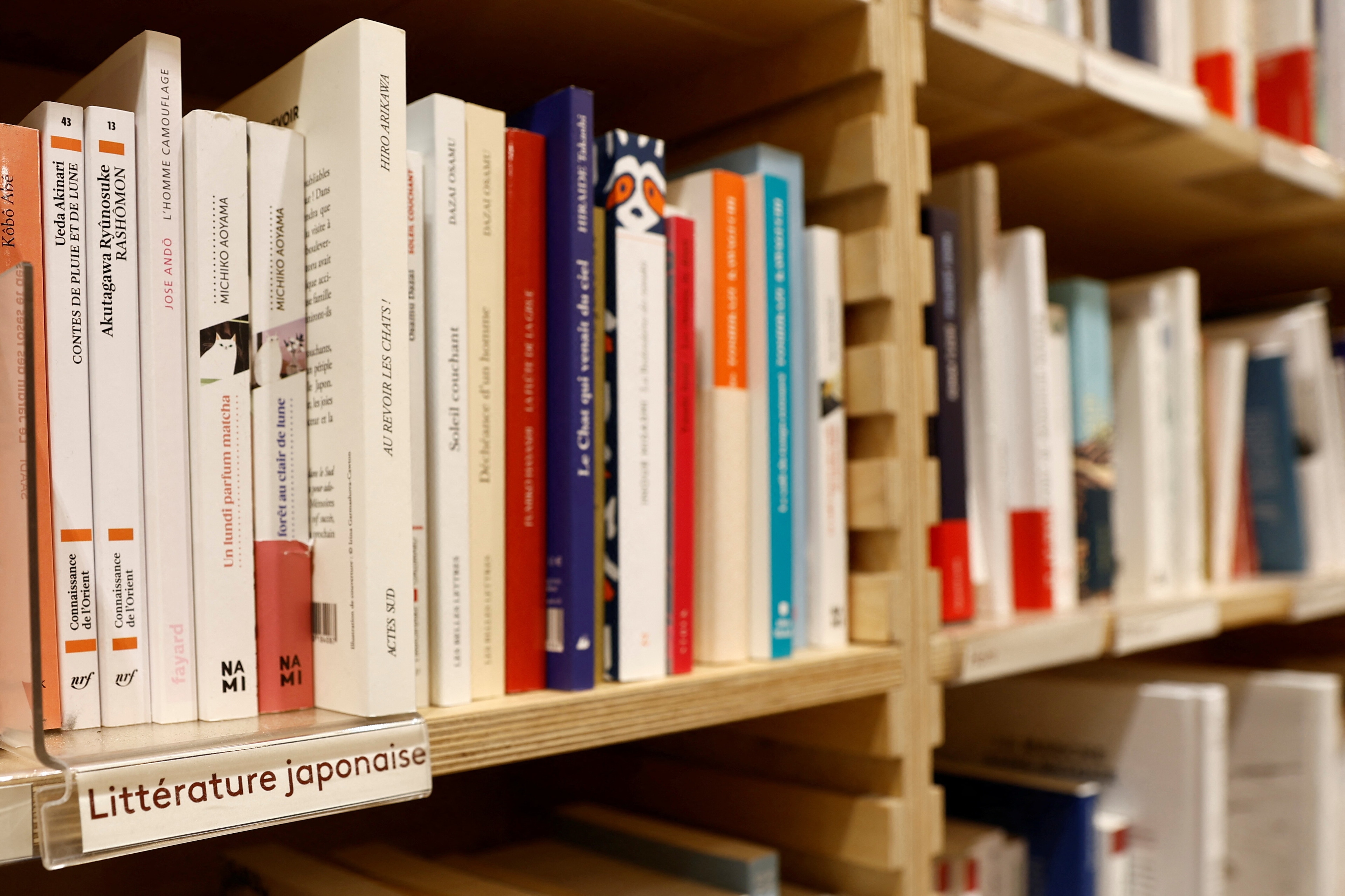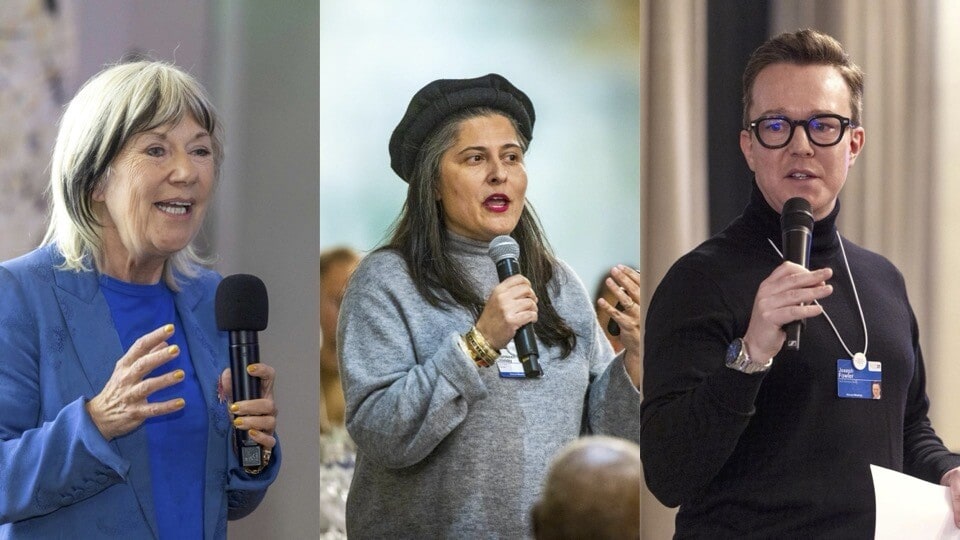12 feminist books everyone should read

Malala Yousafzai is pictured at the ICC Cricket World Cup. Image: REUTERS/Matthew Childs
- From Chimamanda Ngozi Adichie's We Should All Be Feminists, and Margaret Atwood's Handmaid's Tale, to The Second Sex by Simone De Beauvoir, these are seminal texts for anyone interested in the woman's movement
- They're also just stonking good reads
It would be impossible to compile all the books written by and for feminists in one list. There are fantasy novels and stories of women’s survival; essay collections and biographies; and so much more. Books on feminism and women’s experience reflect how diverse women’s experiences around the world truly are.
Whether you’re looking to learn more about the women’s movement around the world, or just interested in good storytelling, our list has you covered. Here are some of our favourite reads that you won’t be able to put down.
1) We Should All Be Feminists
A personal essay from Nigerian-born author Chimamanda Ngozi Adichie, We Should All Be Feminists takes a look at the importance of awareness and inclusion in modern-day feminism.
2) I, Rigoberta Menchu: An Indian Woman in Guatemala
The anthropologist Elisabeth Burgos-Debray interviewed human rights activist and Nobel Peace laureate from Guatemala, Rigoberta Menchú Tum, to piece together this story of her life and the struggle for indigenous women’s rights.
3) Under the Udala Trees
In this novel set during and after Nigeria’s civil war, author Chinelo Okparanta tells the story of Ijeoma. After falling in love with another girl, Ijeoma comes to terms with her sexuality and herself in a society unwilling to accept her.
4) Feminists Don’t Wear Pink and Other Lies: Amazing Women on What the F-Word Means to Them
Curated by Scarlett Curtis, activists, actors — including UN Women Goodwill Ambassador Emma Watson — and other public figures, each take a turn in exploring their own personal take on feminism.
5) I Am Malala: The Girl Who Stood Up for Education and Was Shot by the Taliban
Malala Yousafzai, a Pakistani activist who fought for her right to education, was shot in the head while riding the bus from school. Her memoir, co-written by Christina Lamb, tells the story of Malala’s life and her activism.
6) In the Time of the Butterflies
Patria, Minerva and Maria Teresa Mirabal were leaders of the resistance against the Trujillo dictatorship in the Dominican Republic until they were assassinated in 1960. This novel by Julia Alvarez tells a fictionalized version of their story, and that of their fourth sister Dedé.
7) Handmaid’s Tale
This dystopian novel by Margaret Atwood explores power and gender through the story of Offred, a Handmaid in the Republic of Gilead. In Gilead, Handmaids are valued only for their ability to reproduce, and are assigned to wealthy families to provide them with children.
8) The Second Sex
The Second Sex by Simone De Beauvoir is essential reading for all. An analysis of what being a woman means, in this book, Beauvoir examines the concept of being ‘other’ and the inequality that comes with it.
9) Ecofeminism
Marie Mies and Vandana Shiva explore the relationship between patriarchy and destruction of nature and how the women’s movement can contribute to climate action and other social movements.
10) I Know Why the Caged Bird Sings
Maya Angelou’s memoir tells the story of the poet and activist’s early life, growing up in the southern United States in the 1930s, and her path to overcoming the unthinkable trauma she endured.
11) The Last Girl: My Story of Captivity, and My Fight Against the Islamic State
Nadia Murad tells her story of being taken captive by Islamic State militants and her narrow escape. Murad, winner of the 2018 Nobel Peace Prize, has dedicated her life to advocating for survivors of sexual violence and persecuted minority groups, including her own Yazidi community.
12) A Room of One’s Own
Virginia Woolf’s 1929 essay highlighted the need for both a literal and figurative space for women in literature, and called out the systemic failures that stifled women creators of the time.

Don't miss any update on this topic
Create a free account and access your personalized content collection with our latest publications and analyses.
License and Republishing
World Economic Forum articles may be republished in accordance with the Creative Commons Attribution-NonCommercial-NoDerivatives 4.0 International Public License, and in accordance with our Terms of Use.
The views expressed in this article are those of the author alone and not the World Economic Forum.
Stay up to date:
Values
Related topics:
Forum Stories newsletter
Bringing you weekly curated insights and analysis on the global issues that matter.
More on Arts and CultureSee all
Elena Raevskikh and Giovanna Di Mauro
October 22, 2025






